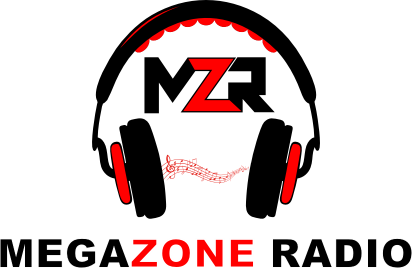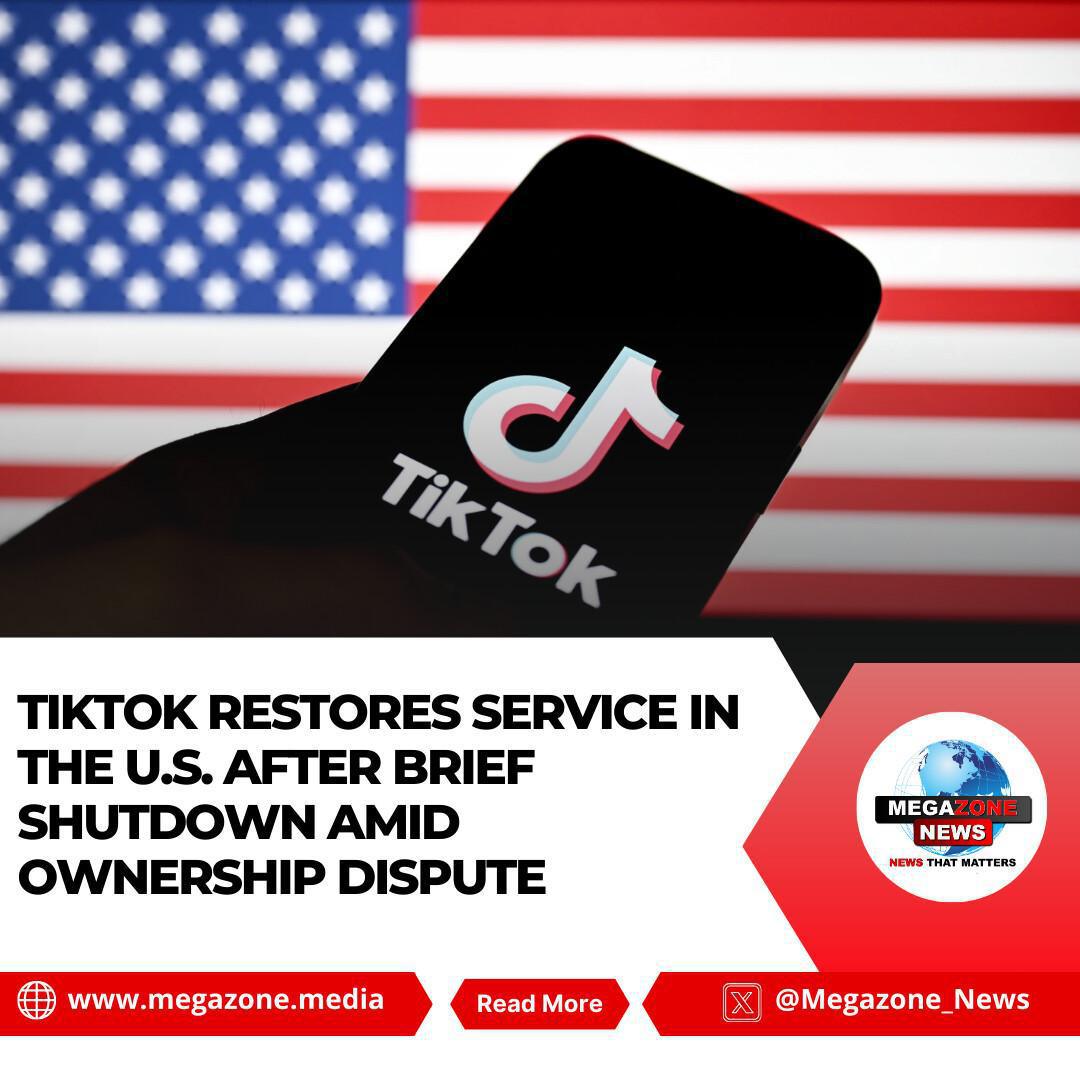TikTok has resumed operations in the United States after briefly going offline as a national security-driven ban came into effect. The popular video-sharing platform credited President-elect Donald Trump, who assumes office on Monday, for facilitating the reversal, though the outgoing Biden administration had previously stated it would not enforce the ban.
The shutdown occurred late Saturday as a deadline loomed for TikTok’s Chinese parent company, ByteDance, to sell its U.S. operations to non-Chinese buyers. Millions of American users found themselves locked out of the app, prompting Trump to intervene by announcing an executive order delaying the ban to allow time for a potential deal.
Trump Pushes for U.S. Ownership
In a post on his Truth Social platform, Trump advocated for the U.S. to take a 50% ownership stake in TikTok, claiming that the app's valuation could soar to "hundreds of billions of dollars—maybe even trillions."
"By doing this, we save TikTok, keep it in good hands," wrote Trump, who had previously supported banning the platform during his first term.
Following his remarks, TikTok confirmed in a statement on X that it was "in the process of restoring service," expressing gratitude to Trump for providing "the necessary clarity and assurance to our service providers that they will face no penalties for providing TikTok to over 170 million Americans." However, the company did not directly address Trump’s proposal for partial U.S. ownership.
By Sunday afternoon, TikTok was back online in the U.S., marking what Wedbush Securities analyst Dan Ives called "a big win for TikTok and a political win for Trump," likening the situation to "high-stakes poker between the U.S. and China."
Legal and Political Uncertainty
At a Washington rally on Sunday evening, Trump doubled down on his support for the app, telling supporters, "Frankly, we have no choice, we have to save it," emphasizing that many American jobs were at stake.
Despite the temporary reprieve, the legal battle over TikTok’s future remains unresolved. The law allows for a 90-day delay if progress is made toward a sale, but ByteDance has firmly rejected any attempts to divest its U.S. subsidiary.
The Biden administration has left the law’s enforcement to Trump. However, experts warn that the legislation was designed to be "virtually president-proof," making it unclear whether the incoming administration can fully lift the ban without ByteDance agreeing to a sale.
The law not only blocks TikTok from app stores but also imposes penalties of up to $5,000 per user on Apple, Google, and other service providers if they allow access. Oracle, which hosts TikTok’s U.S. servers, would also be legally required to enforce the ban.
International Reactions and Wider Impact
The suspension of TikTok has sparked debate beyond U.S. borders. Estonia’s Foreign Minister, Margus Tsahkna, praised the move, calling for Europe to consider similar restrictions.
Meanwhile, the ban made its way into pop culture, with American tennis star Coco Gauff writing "RIP TikTok USA" on a courtside camera during the Australian Open.
The situation also led to an alleged act of protest in Wisconsin, where police say a man set fire to an unoccupied building that houses a congressional office, citing "recent talks of a TikTok ban" as a possible motive.
In a late development, AI start-up Perplexity AI proposed a merger with TikTok’s U.S. subsidiary in a bid to resolve the ownership issue. While the proposal lacked a set price, sources estimated a potential deal could be worth at least $50 billion.
With the legal and political landscape still shifting, TikTok’s long-term presence in the U.S. remains uncertain as the incoming Trump administration navigates the high-stakes battle over the app’s future.


